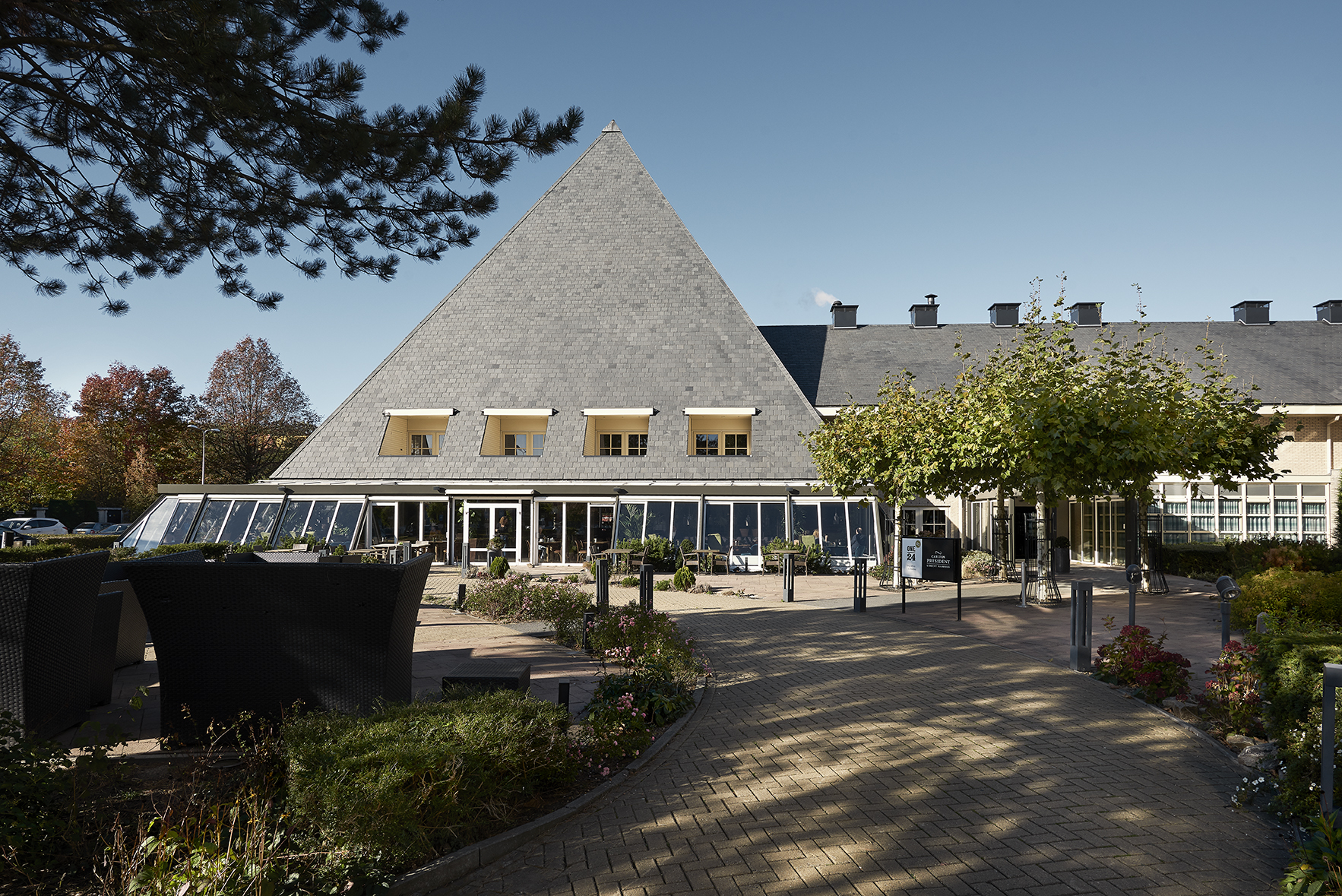This is the multi-page printable view of this section.
Click here to print.
Return to the regular view of this page.
CompSys 2025 (May 2025)

Welcome to CompSys 2025, a Computer Science conference designed to highlight Dutch Computer Systems and Networks research,
while fostering and strengthening national and international collaboration.
We aim to provide a meeting space for network, computing, and computer system research and industry ideas.
The 8th edition will take place on 21-23 May 2025, in collaboration with
NCCV, the Netherlands Conference on Computer Vision under the auspices of the ASCI research school.
The location for the 2025 edition of CompSys is the Carlton President Hotel in Utrecht (Floraweg 25, 3542DX Utrecht).
Building up on the success of the previous seven editions (2024, 2023, 2022, 2021, 2019, 2018, 2017), the 8th edition of the
conference will emphasize efforts on community building and providing a forum to discuss ongoing and future projects
among all members of academic research groups in the Netherlands.
The conference will focus on the major research and practice themes related to computer systems. We envision a
diverse program, featuring keynotes on advanced topics, strong scientific contributions, and
exciting early ideas. We strive for diverse participation from all the interesting and interested parties in the Netherlands,
and we especially welcome senior members of the research community, junior faculty members, PhD, master, or undergraduate students.
1 - Program
To be announced. Stay tuned.
2 - Keynote
To be announced. Stay tuned.
3 - Town hall
To be announced. Stay tuned.
5 - Location
Location:


The location for the 2024 edition of CompSys is the Carlton President hotel in Utrecht.
6 - Submission details
Submission Guidelines
All contributions will be reviewed by the Program Committee. Accepted
contributions will appear in the final program either as a short talk
or a full presentation, depending on the reviews. All presentations
will be made available in digital format, unless otherwise instructed
by the authors. For submission, the PDF format is mandatory.
To foster the broadest possible engagement and exchanging of ideas,
CompSys 2025 does not claim copyright, making it possible for authors
of accepted contributions to present work that has already been
published or is in the process of being published elsewhere.
Important dates
| Description |
Date |
| Paper submission deadline |
8 April 2025 (EXTENDED!) |
| Author notification |
25 April 2025 |
| Registration deadline |
10 May 2025 |
| In-person conference |
21-23 May 2025 |
Submission types
CompSys 2025 welcomes three types of contributions: research papers, work-in-progress papers/early ideas, and negative/failed research results.
Long papers
Research papers on your best results from the past year(s). This includes papers already submitted to and/or accepted at (inter)national conferences or workshops (please indicate the original venue in the submission form). Long papers must not exceed 12 pages in double-column format or 15 pages in LNCS format and can be submitted using any of the commonly used templates (e.g., ACM, IEEE, LNCS).
Short papers: Work-in-progress and early ideas
Since CompSys is a forum that encourages discussions about early and exciting ideas, we specifically welcome extended abstracts highlighting early ideas and work-in-progress papers. These submissions are particularly suitable for graduate and undergraduate students working on their theses or PhD students who have recently started and want to share preliminary results with the community. In particular, we encourage contributions in the form of short talks to share early, unexplored ideas with the community, stimulate discussions, and gather feedback. These talks may be especially interesting for early-stage researchers. Submissions require a short paper of at most 2 pages (not including references) in IEEE double-column format or 4 pages (not including references) in LNCS single-column format. The paper should mention the research question being addressed, outline the novelty and/or originality of the idea or approach, and contain a summary of preliminary results.
Negative research results
As in previous years, we also solicit contributions sharing negative results, incorrect methodologies, or invalidated hypotheses to share lessons learned and remind ourselves that trying ideas that do not lead to expected outcomes is a normal part of research. Submissions of negative research results papers require a short paper of at most 2 pages (not including references) in IEEE double-column format or 4 pages (not including references) in LNCS single-column format.
Submission Portal
7 - Contact
International Conference on Computing Systems
Paula Diks (ASCI OFFICE)
Van Mourik Broekmanweg 6
2628 XE Delft
Netherlands


